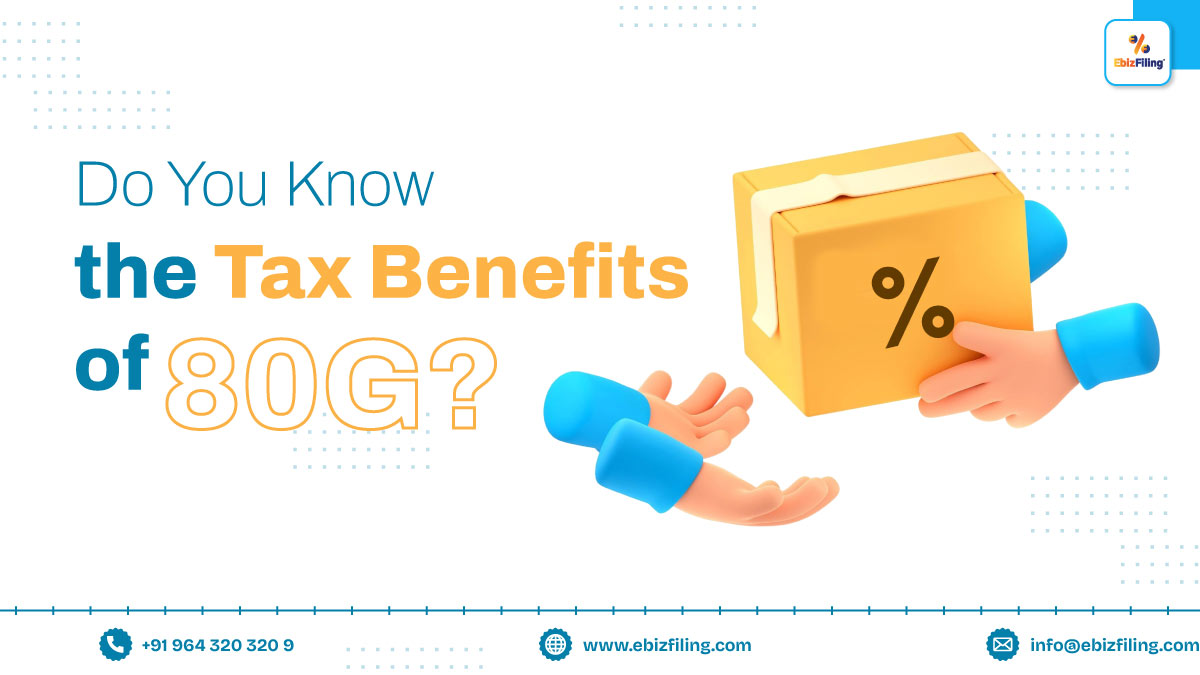Categories of Donations Under Section 80G
Donations which are made to eligible trusts or organizations can get tax benefits, but certain conditions apply. Donations under Section 80G are divided into four main categories:
- 100% Deduction (No Limit): Some donations qualify for a full 100% tax deduction without any limit. This includes donations to funds like the National Defense Fund, Prime Minister’s National Relief Fund, The National Foundation for Communal Harmony, and the National/State Blood Transfusion Council.
- 50% Deduction (No Limit): Donations to specific trusts, such as the Prime Minister’s Drought Relief Fund, National Children’s Fund, and Indira Gandhi Memorial Fund, qualify for a 50% tax deduction with no upper limit.
- 100% Deduction (Limited to 10% of Income): Donations made to local authorities or the government for family planning, as well as donations to the Indian Olympic Association, qualify for a 100% deduction. However, this is limited to 10% of the donor’s Adjusted Gross Total Income. Any donation amount beyond this limit does not qualify for deductions.
- 50% Deduction (Limited to 10% of Income): Local authorities or the government qualify donations made for general charitable purposes for a 50% tax deduction. However, donors can only claim deductions on up to 10% of their Adjusted Gross Total Income; any amount beyond this limit does not qualify.
Eligibility to claim deduction under 80G
Both an individual and a company can claim a deduction under Section 80G for donations made to charitable organizations. Following persons are eligible to claim deduction under section 80G;
- Individuals
- Hindu Undivided Family
- Non-Resident Indian
- Firms
- Companies
Required documents to claim deduction Under section 80G
- Duly stamped receipt
- Form 10BE
- Photocopy of 80G certificate
- 80G registration number of trust on receipt
How to claim deduction under section 80G?
To claim tax deductions on donations under Section 80G while filing an Income Tax Return (ITR), an individual needs to provide the following details:
- Name of the organization (Donee)
- PAN of the organization
- Address of the organization
- Total amount donated
- Amount eligible for deduction
Where to Enter the Donation Details in ITR?
While filing an ITR, an individual must enter the donation details in one of the following tables based on the type of deduction:
- For donations that qualify for a 100% deduction with no limit – Table A
- For donations that qualify for a 50% deduction with no limit – Table B
- For donations that qualify for a 100% deduction but are subject to a limit – Table C
- For donations that qualify for a 50% deduction but are subject to a limit – Table D
- By ensuring you provide the correct details in the right table, you can easily claim tax benefits on your donations.
Conclusion
Donations under Section 80G not only help in supporting social causes but also provide tax benefits to donors. it is important to verify the registration status of the organization and keep the required documents to claim deductions successfully. Making informed donations ensures that your contributions reach the right hands and offer financial benefits in return.
Suggested Read :
Difference between 12A and 80G
How to Download 12A and 80G Certificate?
NGO Donation Tax Exemption under Section 80G
Deduction Limit For Individual Under Section 80G











January 31, 2026 By Dhruvi D
Determining State Residency for Tax Purposes in the US Introduction Determining state residency for tax purposes is one of the most misunderstood areas of US taxation. Many taxpayers assume that where they live physically decides everything. In reality, states […]
January 30, 2026 By Dhruvi D
Key Federal Tax Credits and Deductions for US Taxpayers Begin With, Many US taxpayers pay more tax than required simply because they are not aware of available federal tax credits and deductions. These benefits are designed to reduce tax burden, […]
December 19, 2025 By Steffy A
Income Tax Department Cracks Down on Fake Party Fraud Introduction The has intensified scrutiny on income tax returns that show suspicious or unusually high refund claims. Recent investigations revealed the misuse of donations made to fake political parties and charitable […]